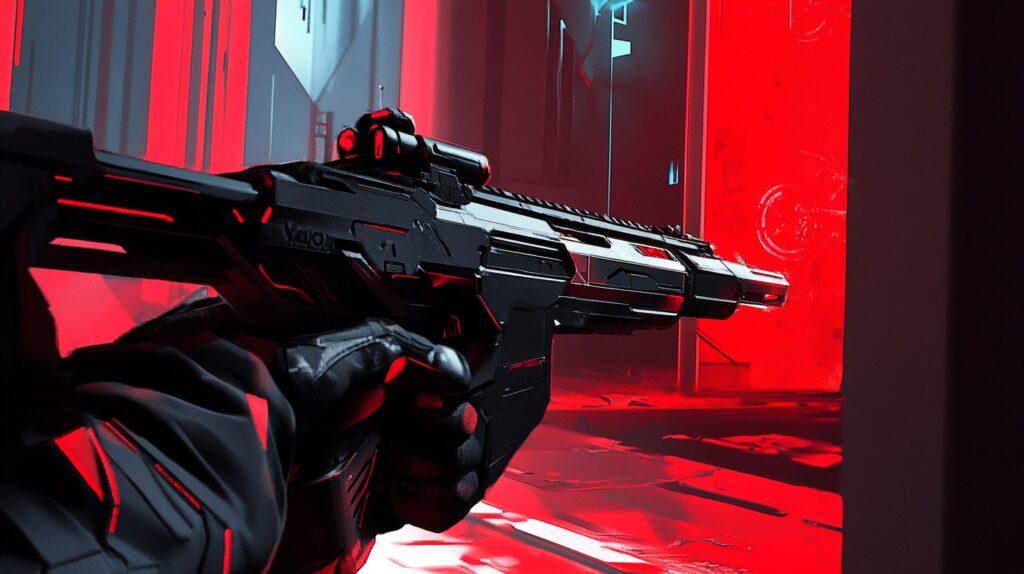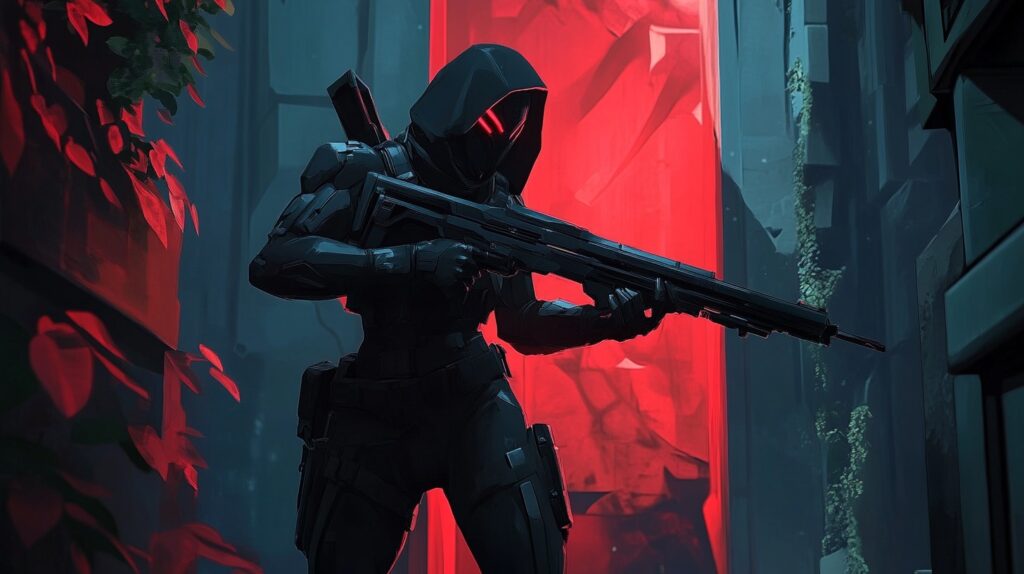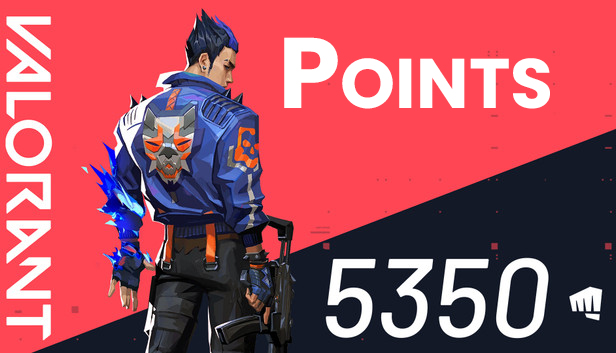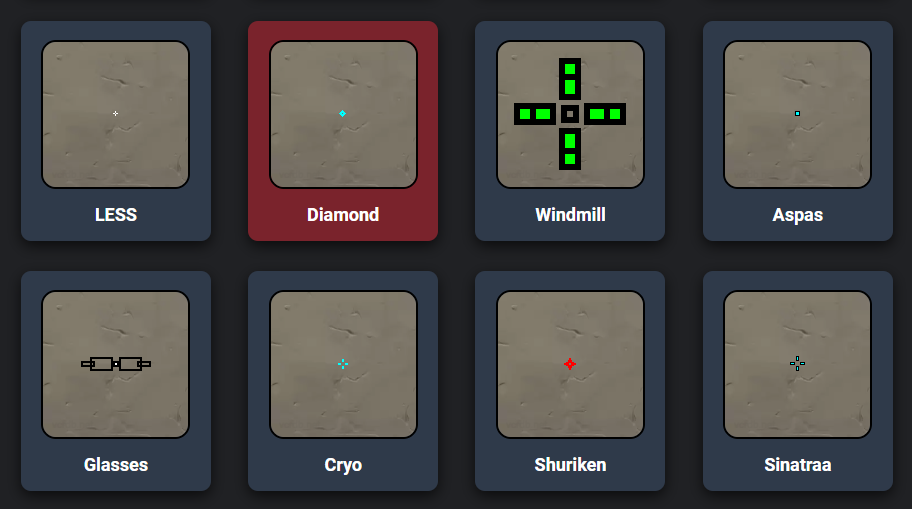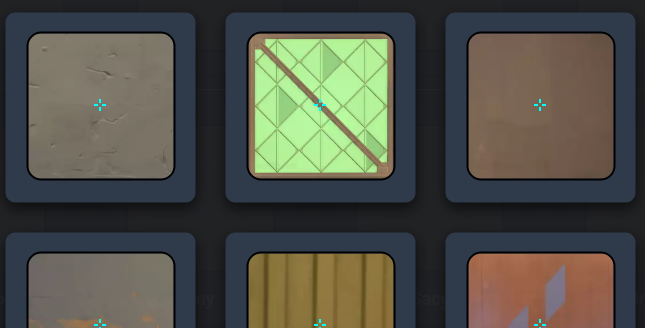If you’re thinking about starting Valorant in 2024, you’re in for an intense, competitive experience. As a beginner, diving into Valorant can seem overwhelming. This 5v5 tactical shooter emphasizes teamwork, strategy, and precision, where success often depends on how well you adapt to its fundamentals. This guide provides beginner-friendly tips to help you improve quickly, avoid common mistakes, and develop the skills needed to rise in rank.
Understanding the Basics of Valorant’s Gameplay
Valorant pits two teams of five against each other in a tactical, round-based shooter, where winning 13 rounds secures victory. Each round rewards precision, game knowledge, and communication. But before focusing on teammates or advanced tactics, the most important element for beginners is mastering personal gameplay mechanics.
Setting Up Your Crosshair and Sensitivity
Crosshair: The first step to improving in Valorant is to adjust your crosshair. Visit the crosshair settings in the game and choose one that feels comfortable. This is a personal choice, but starting with a simple, unobtrusive crosshair that allows easy aiming is ideal. There are plenty of crosshair code options online, so explore those to find one that suits you.
Sensitivity: Sensitivity settings in Valorant differ from other FPS games. Many players coming from high-sensitivity games may find Valorant’s low-sensitivity standard unfamiliar. Most professionals recommend a sensitivity range of 0.3 to 0.4 at 800 DPI, which allows for smoother and more accurate aiming. Start with a higher sensitivity if you’re new to low sensitivity, and adjust it down gradually over time as your muscle memory improves. Visit Valorant Pro Settings for insight into what sensitivity settings top players use.
Perfecting Crosshair Placement
Crosshair placement is one of the most important skills for new players. Valorant is a tactical shooter where accurate crosshair placement significantly increases your chances of landing headshots.
When approaching any angle, always position your crosshair at head level. Deathmatch mode is a great way to practice crosshair placement by testing different angles and adjusting your crosshair to predict where enemies might appear. Effective crosshair placement comes with repetition and constant awareness; check your placement continuously and adjust it as needed until it becomes second nature.
Mastering Shooting Techniques: Tap, Burst, or Spray?
There are different shooting methods in Valorant—tapping, bursting, and spraying—that players use depending on the situation and the weapon.
- Tapping: Ideal for long-range shots where accuracy is key. Weapons like the Guardian are designed for tap shooting.
- Bursting: Fire two to three shots, then pause. Effective with weapons like the Phantom and Vandal.
- Spraying: Only for close-range situations, especially with SMGs like the Spectre or Frenzy. Remember that spray patterns in Valorant are random beyond the initial shots, so controlled bursts often work better.
For practice, the Range in Valorant is an excellent place to get accustomed to these techniques.
Essential Movement Tips for Beginners
Valorant punishes inaccurate movement and rewards players who understand how to control their character’s speed and position.
Strafing and Peeking
Strafing is a critical movement skill in Valorant. Move side to side (strafe) when engaging enemies, but make sure to stop momentarily before shooting to avoid accuracy penalties. As you strafe, keep your crosshair aligned with potential enemy positions. Mastering counter-strafing, where you momentarily stop after strafing to regain accuracy, can be highly advantageous in duels.
There are various types of peeking in Valorant:
- Jiggle Peek: Rapidly move left and right to bait out shots.
- Wide Swing: Move wide past the corner to throw off an enemy’s aim.
- Jump Peek: Jump and strafe back to check an angle while exposing yourself minimally.
Managing Sound and Positioning
Running makes noise, alerting enemies to your position. When approaching high-risk areas, walk (shift key) to cut down on sound. The mini-map’s sound radius indicator will show how far your footsteps can be heard, allowing you to control your position effectively.
Positioning: Always ask yourself two questions: “Who can see me?” and “What am I exposed to?” Positioning helps you isolate fights, which increases your chance of surviving encounters. Try to position yourself so you only expose one potential enemy angle at a time.
Agent Selection and Abilities
Agents are central to Valorant’s gameplay, each offering unique abilities that add layers of strategy to the game.
When starting out, try various agents in the practice range to find ones that suit your playstyle. Each agent has a role—Duelists, Initiators, Sentinels, and Controllers—so familiarize yourself with how each class can contribute to team success.
Basic Strategies for Attacking and Defending
Strategies vary by team and map, but there are three primary strategies you’ll hear:
- Rush: All players move together to a single site, overwhelming the defense.
- Split: Divide the team to take control of the site from multiple angles.
- Default: Spread out and hold positions to find picks before committing to a site.
When defending, consider rotating to assist teammates if you believe the enemy is committing to a site, flanking when opponents focus on another area, and lurking to control map zones. These tactics give your team an advantage by allowing you to isolate and surprise opponents.
Economic Management: Buying and Saving Wisely
Valorant has a complex economy that rewards careful spending. The basics:
- First Round: Stick with the Classic pistol, or consider buying a Ghost or Frenzy. This round influences your purchases in subsequent rounds.
- Winning the First Round: Force buy in the second round, getting an SMG or light armor to maintain the advantage.
- Third Round (Bonus Round): If you win the second round, don’t upgrade your weapon, even if you have money, and save for later rounds.
- Losing the First Round: Save (eco) in the second round to afford rifles and armor in the third round.
Economic rounds often decide the game’s pace, so communicate with your team to synchronize purchases. Aim for rifle rounds whenever possible, as they provide a significant advantage.
Common FAQs for Valorant Beginners
What’s the best agent for beginners?
Starting with a versatile agent like Sage (healing and utility) or Brimstone (smoke and area control) can ease beginners into Valorant.
How can I improve my crosshair placement?
Practice in Deathmatch, where you focus on holding angles at head level. Watching professional players and analyzing their placement is also beneficial.
Should I use ADS (Aim Down Sights) in Valorant?
ADS can be helpful in long-range fights but is rarely used in close quarters, as it limits movement and reaction speed.
Is it better to play with high or low sensitivity?
Low sensitivity is preferred, as it allows for precise micro-adjustments. Start high and reduce gradually to train muscle memory.
What’s the difference between the Vandal and the Phantom?
The Vandal one-taps to the head at any range, while the Phantom has a higher fire rate and silencer, making it more effective at mid-range.
Valorant Patch 9.09 Is Out And Here’s What To Expect
Valorant Patch 9.09 has finally arrived, bringing a variety of bug fixes, agent adjustments, and…
Valorant Friend Gifting Leaked Inside Game Files
Upcoming Valorant Friend Gifting Feature: What to Expect and Possible Release Date A gifting feature…
Why Your Movement In Valorant Is Holding You Back
In Valorant, clean movement is not just visually satisfying but crucial for gameplay. Effective movement…
Valorant x Arcane 2.0 Bundle Reveal
Photo credit Riot Games The highly anticipated Valorant x Arcane 2.0 bundle is finally confirmed…
Valorant Arcane 2.0 Exclusive Bundle and Twitch Drops Reveal
The much-anticipated Valorant Arcane 2.0 crossover is set to bring new rewards, exclusive cosmetics, and…
Valorant Patch 9.08: Big Changes to Gekko, Yoru, and Sunset Updates
In Valorant Patch 9.08, Riot Games is bringing some significant updates that will impact both…
